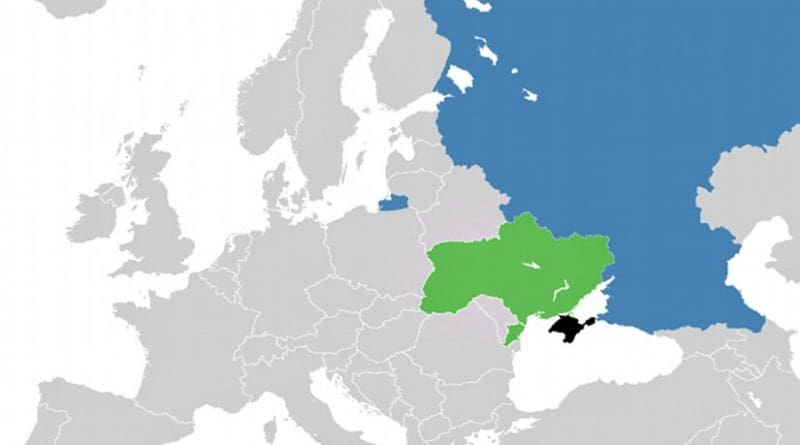Declining Numbers Of Ukrainians In Occupied Crimea Reflects Re-Identification Rather Than Outmigration – OpEd
By Paul Goble
The share of residents of Russian-occupied Crimea declaring themselves Ukrainian by nationality fell by almost 50 percent, from 16 percent in the last Ukrainian census to 8.2 percent in the latest Russian one, the result, Natalya Kiselyova says, not so much of outmigration as the reidentification of Ukrainians as Russians.
The head of the Simferopol branch of the Russian Foundation for the Development of Civil Society says that “more than a third of those who called themselves Ukrainians by nationality in 2014 called themselves Russians in 2021” during the course of the Russian census (profile.ru/society/kak-izmenilsya-nacionalnyj-sostav-kryma-posle-vozvrashheniya-v-rossiju-1264608/).
As a result of this change, the influx of Russians since the occupation began eight years ago, and the likelihood that the Russian census there suffered from all the shortcomings of its conduct elsewhere, the share of ethnic Russians on the Ukrainian peninsula rose from 65.2 percent to 72.9 percent and that of the Crimean Tatars from 12.6 percent to 14.1 percent.
Such an ethnic transformation of an occupied territory is under international law a crime against humanity, and it certain to be highlighted by Kyiv as an example of why charges should be brought against the Russian government. At the same time, many Ukrainian experts are likely to point out that Kiselyov’s analysis is incomplete.
On the one hand, there has been significant outmigration of ethnic Ukrainians and Crimean Tatars since 2014; and on the other, many of the Ukrainians now reidentifying as Russians are doing so not as a matter of free choice but rather because they either are directly threatened or feel that such a switch will protect them as long as Moscow occupies their land.

